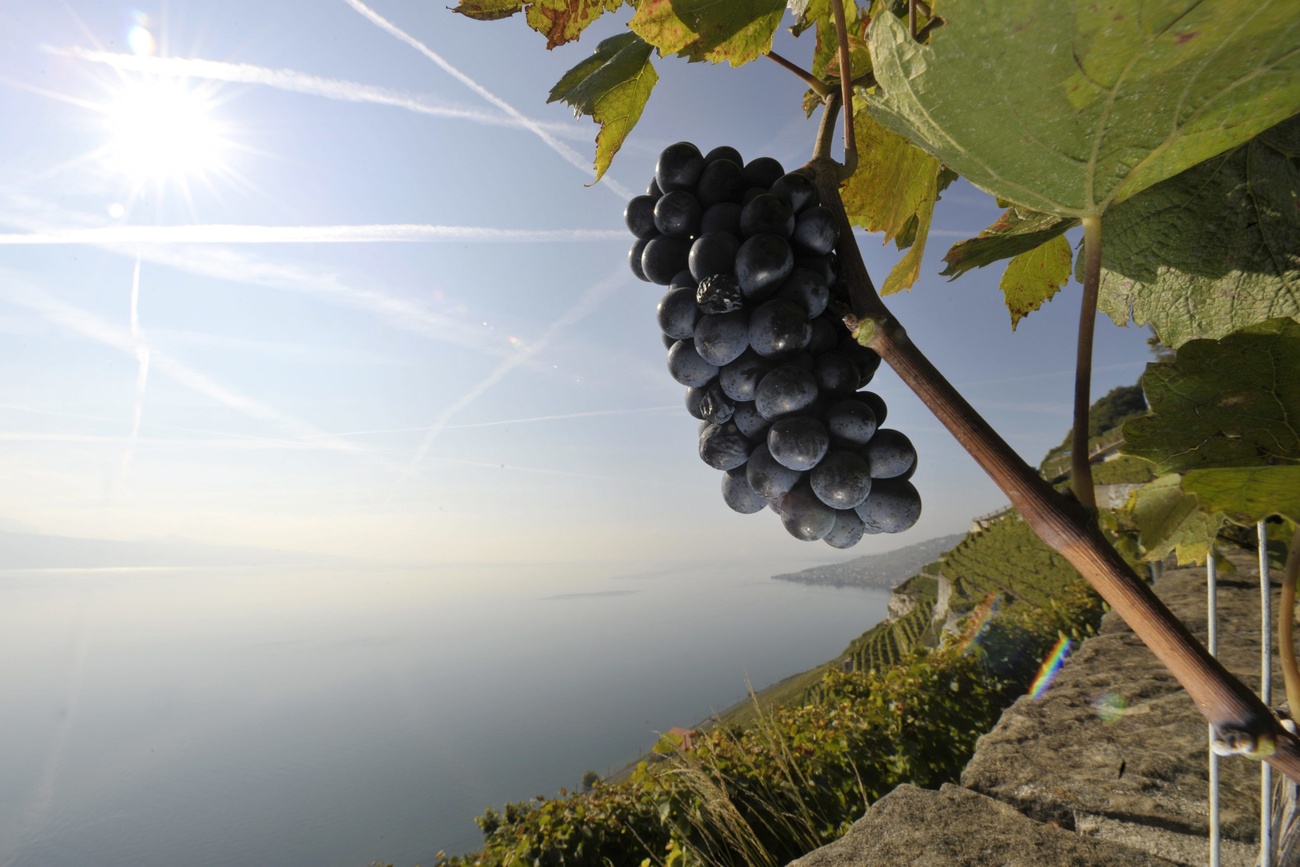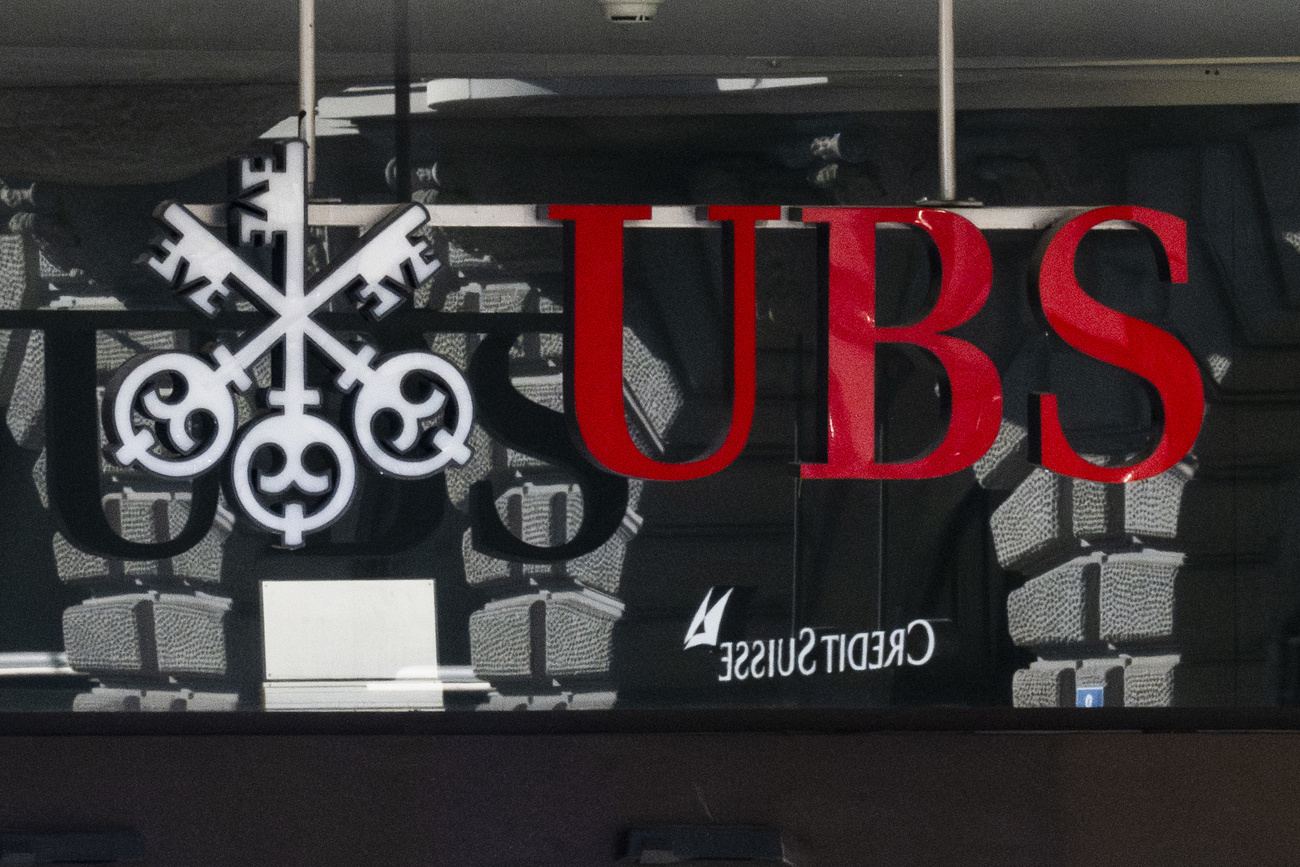The EU has tightened rules on greenwashing. Keystone-SDA Listen to the article Listening the article Toggle language selector English (US)
Topics:
Swissinfo considers the following as important: 3.) Swissinfo Business and Economy, 3) Swiss Markets and News, Featured, newsletter
This could be interesting, too:
Nachrichten Ticker - www.finanzen.ch writes Die Performance der Kryptowährungen in KW 9: Das hat sich bei Bitcoin, Ether & Co. getan
Nachrichten Ticker - www.finanzen.ch writes Wer verbirgt sich hinter der Ethereum-Technologie?
Martin Hartmann writes Eine Analyse nach den Lehren von Milton Friedman
Marc Chandler writes March 2025 Monthly
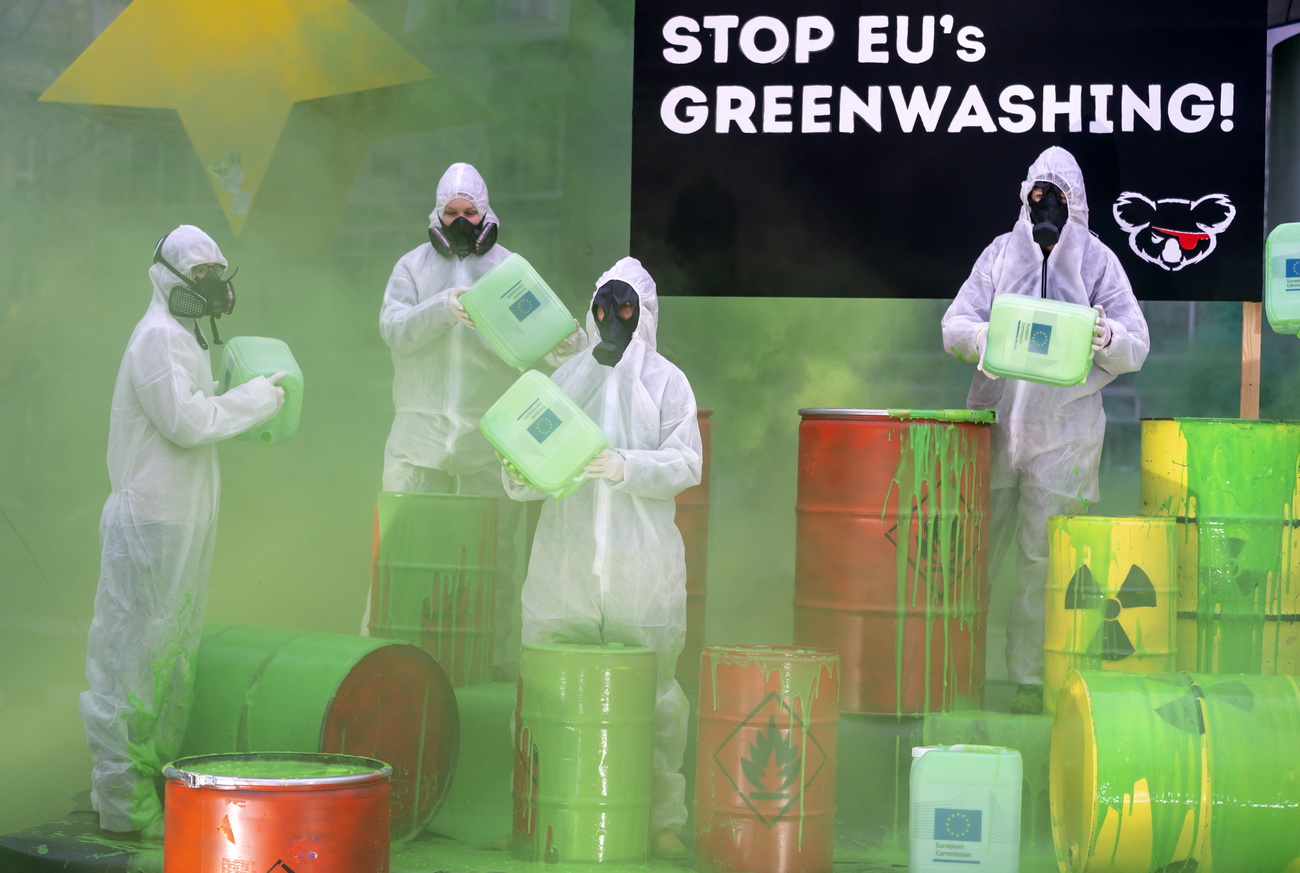
For the first time in six years, the number of greenwashing cases has fallen worldwide. But the challenges remain, as a new study shows.
+ Get the most important news from Switzerland in your inbox
The Swiss data analyst firm RepRisk took a close look at companies around the world: More than 2,000 of them, the study found, had incidents of greenwashing last year.
In other words, the companies were involved in deforestation, oil pollution or the contamination of drinking water. And: they also made misleading statements on the subject.
However, according to RepRisk, the number of greenwashing cases worldwide has fallen for the first time in six years – by a full 12%. “Fewer companies are being linked to environmental pollution and misleading communication, for example,” explains Philipp Aeby, CEO and founder of RepRisk. “Companies have therefore become more cautious with their promises.” This does not mean that there is less environmental damage. But there are fewer false promises.
More
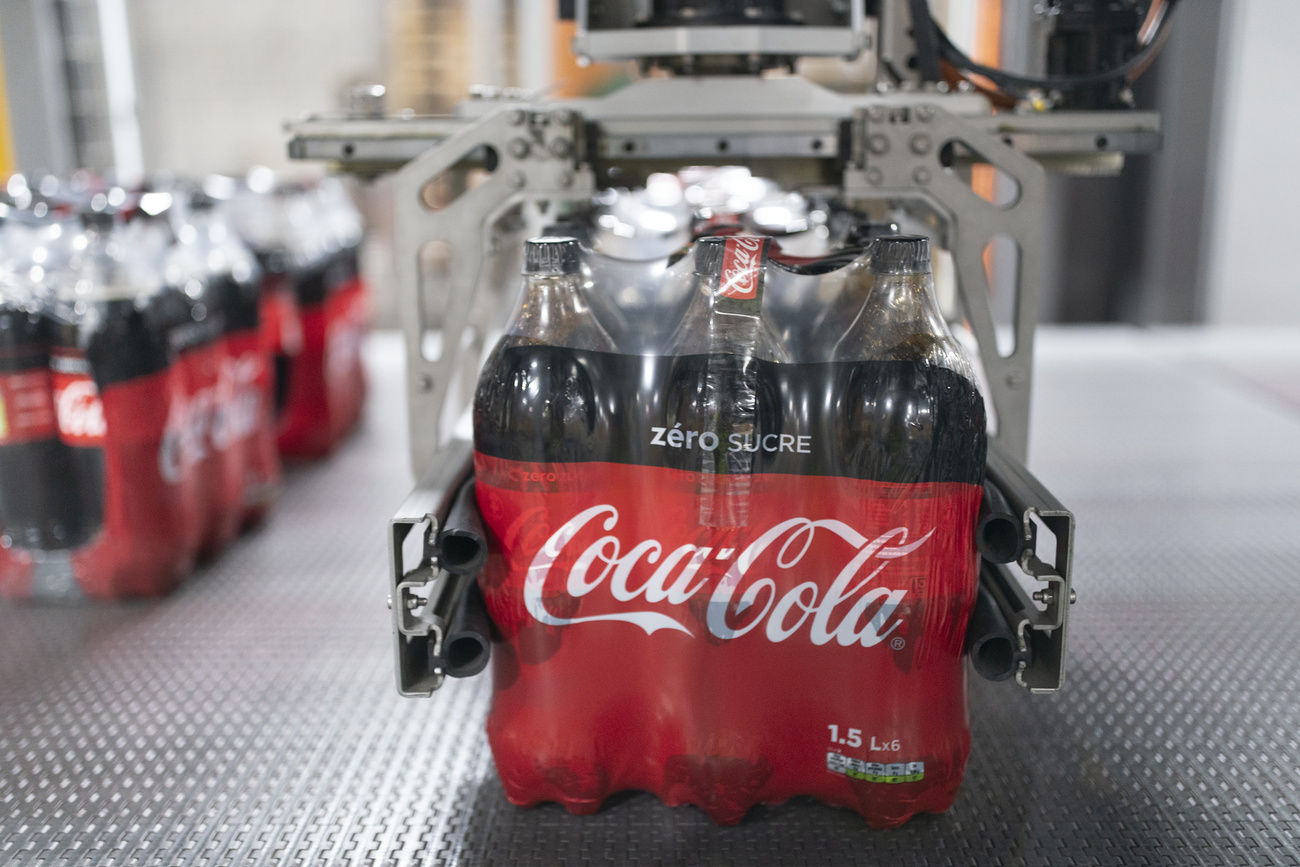
More
Swisscom, Coca-Cola and others accused of greenwashing
The authors of the study suspect that the general downward trend in greenwashing is likely the result of more regulation. In the European Union, for example, numerous new legal provisions came into force last year that make greenwashing more difficult. Another factor is also critical consumers and investors.
There are also regional differences. Greenwashing decreased in the EU and also in the UK, while there was a slight increase in the United States. However, in none of the markets analysed did incidents increase as much as in Switzerland, where there were a good 17% more greenwashing cases compared to 2023. Some 61 Swiss companies were involved in greenwashing according to RepRisk.
Less awareness of transparency
What explains the difference? First, Switzerland has a significant financial sector. According to the report, banks and insurance companies are particularly susceptible to greenwashing allegations because they often finance environmentally harmful industries.
On the other hand, Philipp Aeby from RepRisk emphasises that the increase in Switzerland has started from a comparatively low level. The greenwashing cases measured are also not as serious as in other countries. “At the same time, there is even less awareness in Switzerland that the focus can suddenly turn to companies that need to show more precisely what they mean by their promises – as we see in the EU, for example.”
In fact, Switzerland still only has a very soft law on good corporate governance since the population rejected the Responsible Business Initiative in the fall of 2020. In this country, companies only have to report on their efforts to protect the environment and human rights.
More
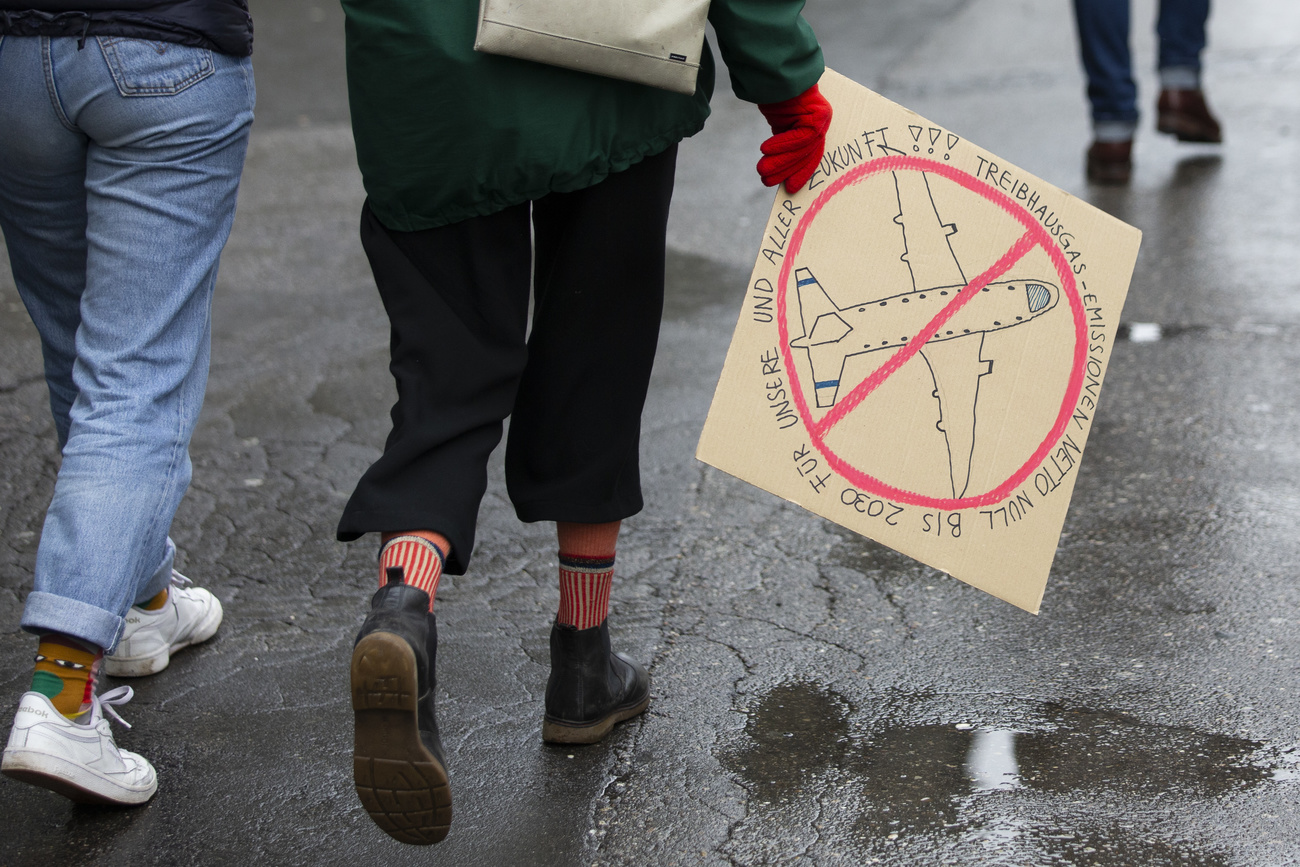
More
Can the Swiss government force industry to come clean on greenwashing?
“That certainly needs to be looked at,” says Aeby. “Is it enough for us in Switzerland to simply follow the EU rules? Or do we want to do something similar to the corporate responsibility initiative, but simply in such a way that it complies with European regulation?”
The supporters of strict rules for Swiss companies are already forming: they are currently collecting money for a second popular initiative.
Original by Isabel Pfaff, SRF. Translated from German by DeepL/jdp
This news story has been written and carefully fact-checked by an external editorial team. At SWI swissinfo.ch we select the most relevant news for an international audience and use automatic translation tools such as DeepL to translate it into English. Providing you with automatically translated news gives us the time to write more in-depth articles.
If you want to know more about how we work, have a look here, if you want to learn more about how we use technology, click here, and if you have feedback on this news story please write to [email protected].
Tags: Featured,newsletter






